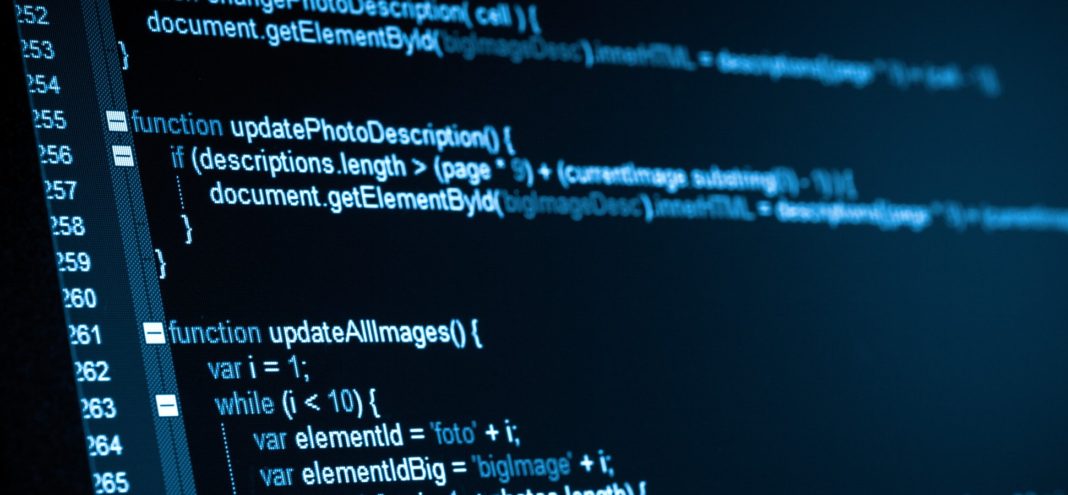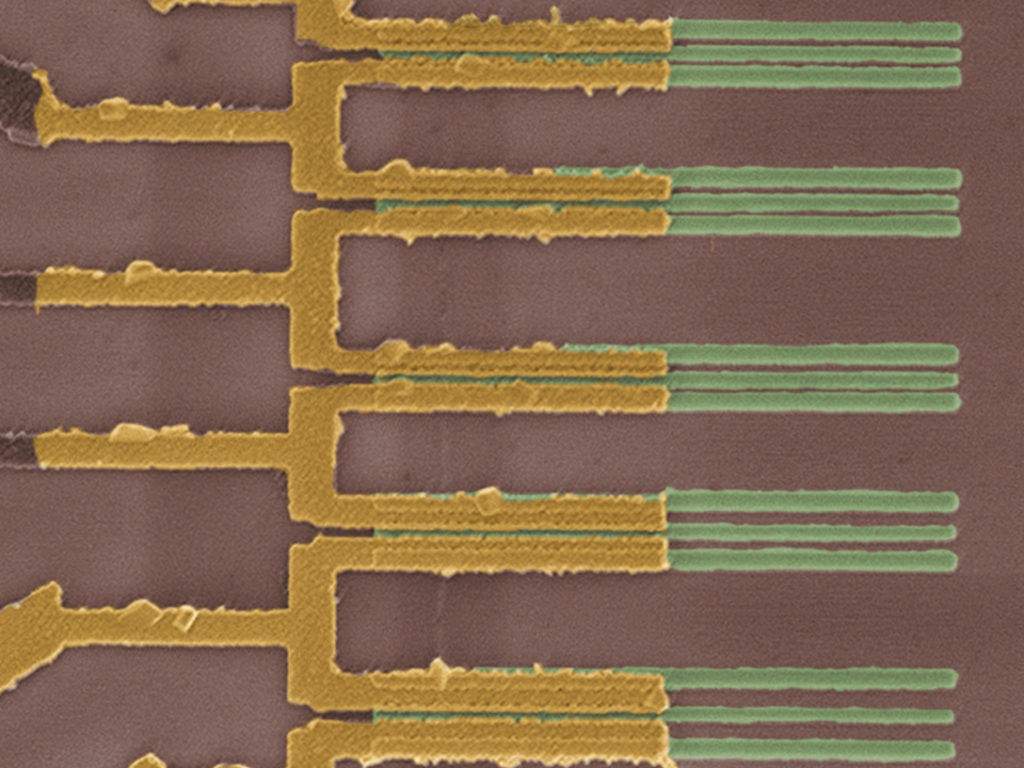Right, let’s dive into it. Computer programming is a hot trend. However, this demand is going down the drain as we continue training instead of coding latest computer systems. Technology and discovery have come a long way. Back in the day, experimental psychologists had ruled the brain as an unknown black box. Fast forward to modern day, not only as the brain been dissected into sections but its deepest innermost stimuli and responsive neurons are constantly under study.
Over the 1950s, a group of psychologists, linguists, information theorists, and early artificial intelligence researchers came up with a different conception of the mind. This became known as a cognitive revolution which argued that people not only collected responses absorbed over time but the information was absorbed, processed and acted upon. The brain functioned like a computer.
Using this discovery, psychologists started describing thoughts as programs. As time passed, Marc Andreessen recognized that software was eating the world as humans started surrounding themselves with machines that convert thoughts, actions, and emotions into data. As Panasonic unveiled an invisible TV that doubles as the heart of the connected home. Life began being seen as ruled by a series of instructions. In fact, the creator of Facebook Mark Zuckerberg suggests that a fundamental mathematical law might be the connection in human relationships governing the balance of emotions.
In 2013, Craig Venter announced that even after decoding the human genome, he was writing code that will allow the creation of synthetic organisms. Someday, a synthetic human. As a matter of fact, big tech companies n silicon valley aggressively pursue machine learning as an approach to computing. Modern computer systems have a way of learning similar to the way humans learn. Applications such as Facebook use this approach to gathering and organize newsfeed, advertise, and run other bot networks.
Additionally, building the world’s first 1000 core CPU has helped change the game. It is no longer necessary to write laws that govern computer systems. This is a technique also used in the android operating system. A new machine learning chip architecture developed by Knupath helps peak into deep neural networks without the need to linearly write programs.
Furthermore, mainstream A1 research has also developed and machines are now powerful enough to affect systems. In fact, the creator of google’s self-driving car Sebastian Thran recognizes that neural nets operated only on numbers thus alienated a lot of people. Technology keeps on outsmarting systems. Even great minds including Stephen Hawking, Elon Muck, and Bill Gates have realized that a new era is dawning whereby machines outsmart humans. In the long run, machine learning will have authoritative influence. Ultimately, machines are getting more enhanced, smarter, and even though humans are responsible for this, they are surely being overtaken.
More News To Read
- Is it really Possible for Humans to Regenerate Body Parts? We Got The Genes…
- NASA Uses X-Ray Technology In Space For Faster Communication
- Could An Algorithm Really Mimic Our Way Of Thinking?
- Amazing Artificial Solar Cell Turns CO2 into Energy
- Tracking Diabetic Health With This Smart Sock Can Save Your Feet











